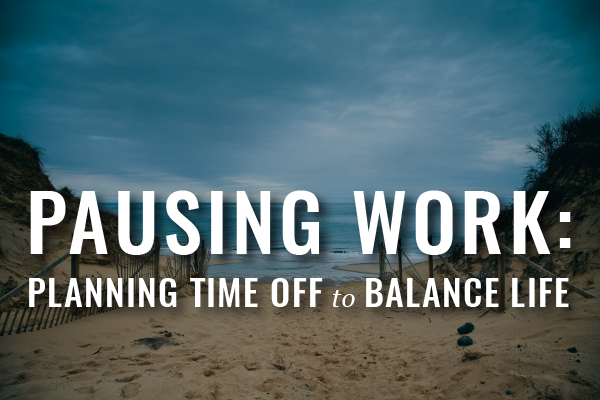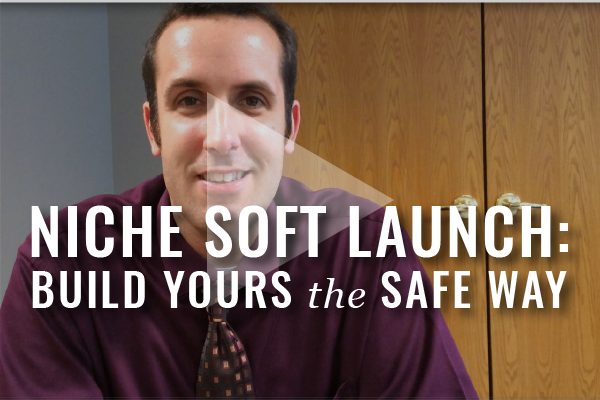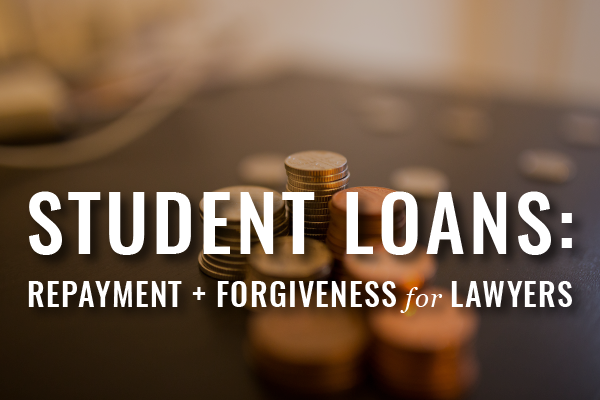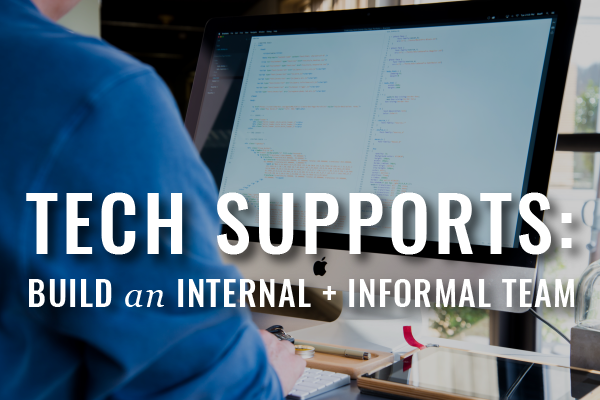Advice like “Don’t make too much of it,” “don’t overthink it,” “Simplify your life,” and “Keep it Simple Stupid” are generally good things to keep in mind. However, there are times when making things more difficult can actually help you think better. There is a theory that says we have two ways of thinking: a quick, easy, intuitive way based on emotions (System 1) and a more calculated, deliberate way based on logic (System 2). Many times we make decisions and based on familiarity or intuition. If you have ever tried to proofread something you have written you may know the difficulty in finding an error in something so familiar. This is because when our brains think that something is familiar, we naturally want to process it quickly and come to a conclusion. For example, read the sentence below.





